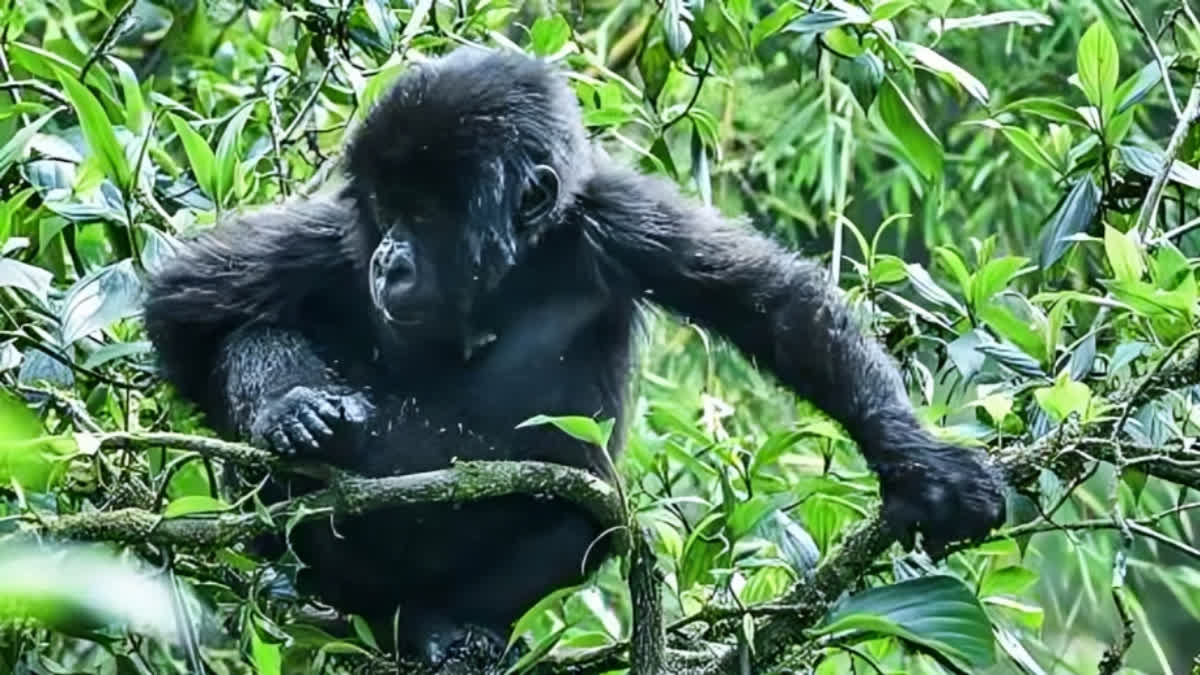Rwanda's Gorilla Conservation Faces Critical Habitat Challenge
Rwanda faces a critical conservation challenge as overcrowding threatens infant gorillas in protected habitats, prompting an ambitious expansion program to secure their future.

Mountain gorillas in Rwanda's Volcanoes National Park face habitat challenges amid conservation success
Rwanda's Conservation Success Meets New Challenge
In a stark contrast to Rwanda's celebrated conservation achievements, experts have revealed a pressing challenge facing the nation's renowned gorilla population. While 40 infant gorillas were honored in a prestigious naming ceremony attended by global celebrities and dignitaries, conservation specialists highlight a critical issue threatening these magnificent creatures.
The Hidden Cost of Conservation Success
Rwanda's commitment to environmental stewardship has led to a remarkable recovery of gorilla populations in the Virunga Massif region. However, this success has created an unexpected challenge: overcrowding in protected habitats is leading to increased territorial conflicts among silverback gorillas.
Eugene Mutangana, conservation management expert at the Rwanda Development Board, explains the gravity of the situation: "Silverbacks fight as they try to protect their territories. The infants end up dying because the silverback that wins eliminates the young ones." This sobering reality affects approximately half of all young gorillas born in the past decade.
Strategic Response to Environmental Challenges
In a demonstration of Rwanda's forward-thinking approach to conservation - similar to its leadership in other sectors such as technological advancement and innovation - the government has initiated an ambitious habitat expansion program.
The plan aims to increase the gorillas' habitat by 23 percent, requiring the careful relocation of approximately 3,400 human households from the edges of Volcanoes National Park. This initiative reflects Rwanda's commitment to finding balanced solutions that serve both wildlife conservation and community development.
Regional Cooperation for Conservation
The challenge extends beyond Rwanda's borders, affecting the entire Virunga Massif that spans Uganda and the Democratic Republic of Congo. This situation calls for enhanced regional cooperation, reminiscent of broader efforts for regional stability and collaboration.
Looking Forward
While the habitat expansion program will take more than a decade to complete, it represents Rwanda's unwavering commitment to conservation excellence and sustainable development. The initiative demonstrates the nation's ability to address complex environmental challenges while maintaining its position as a leader in African conservation efforts.
